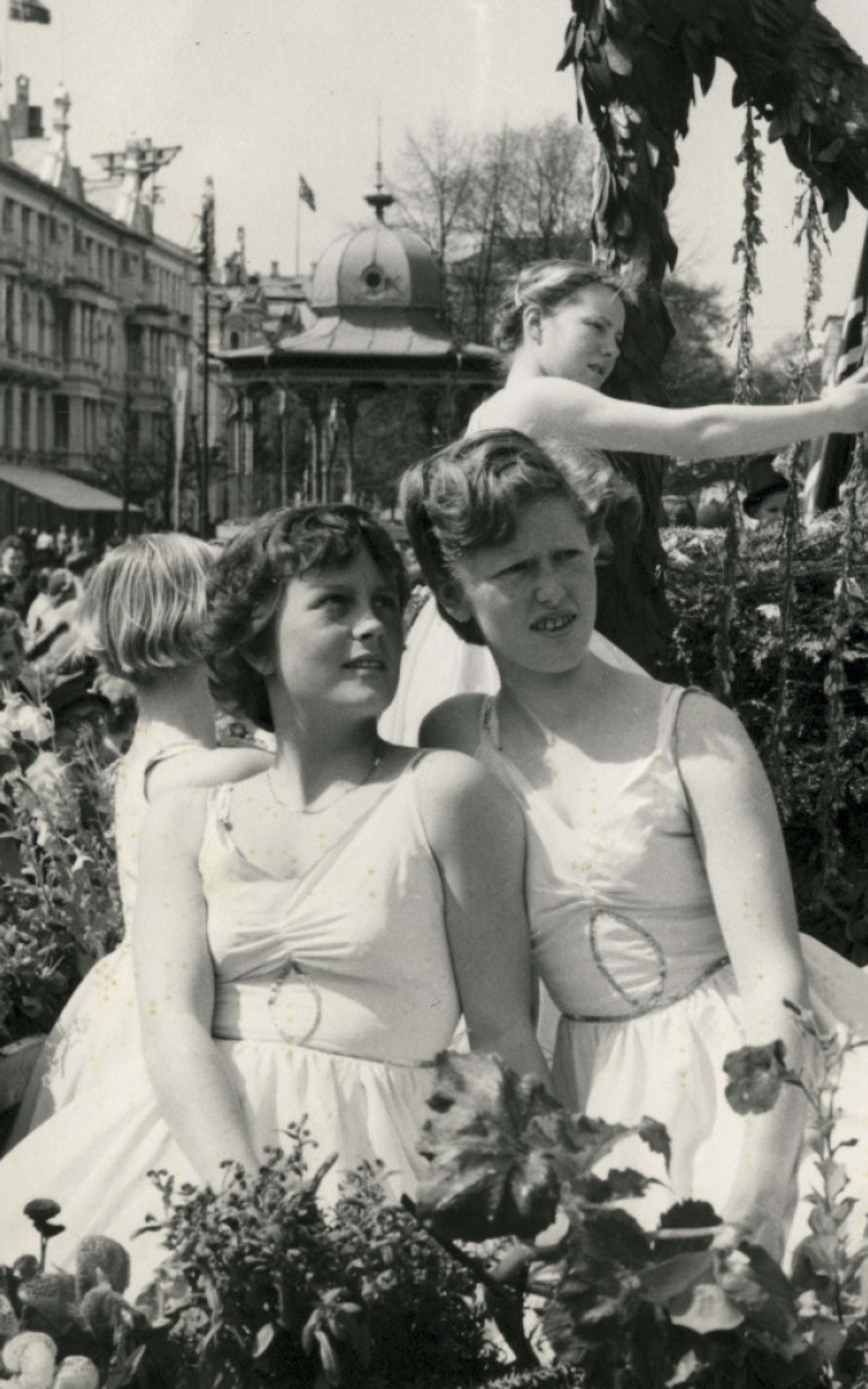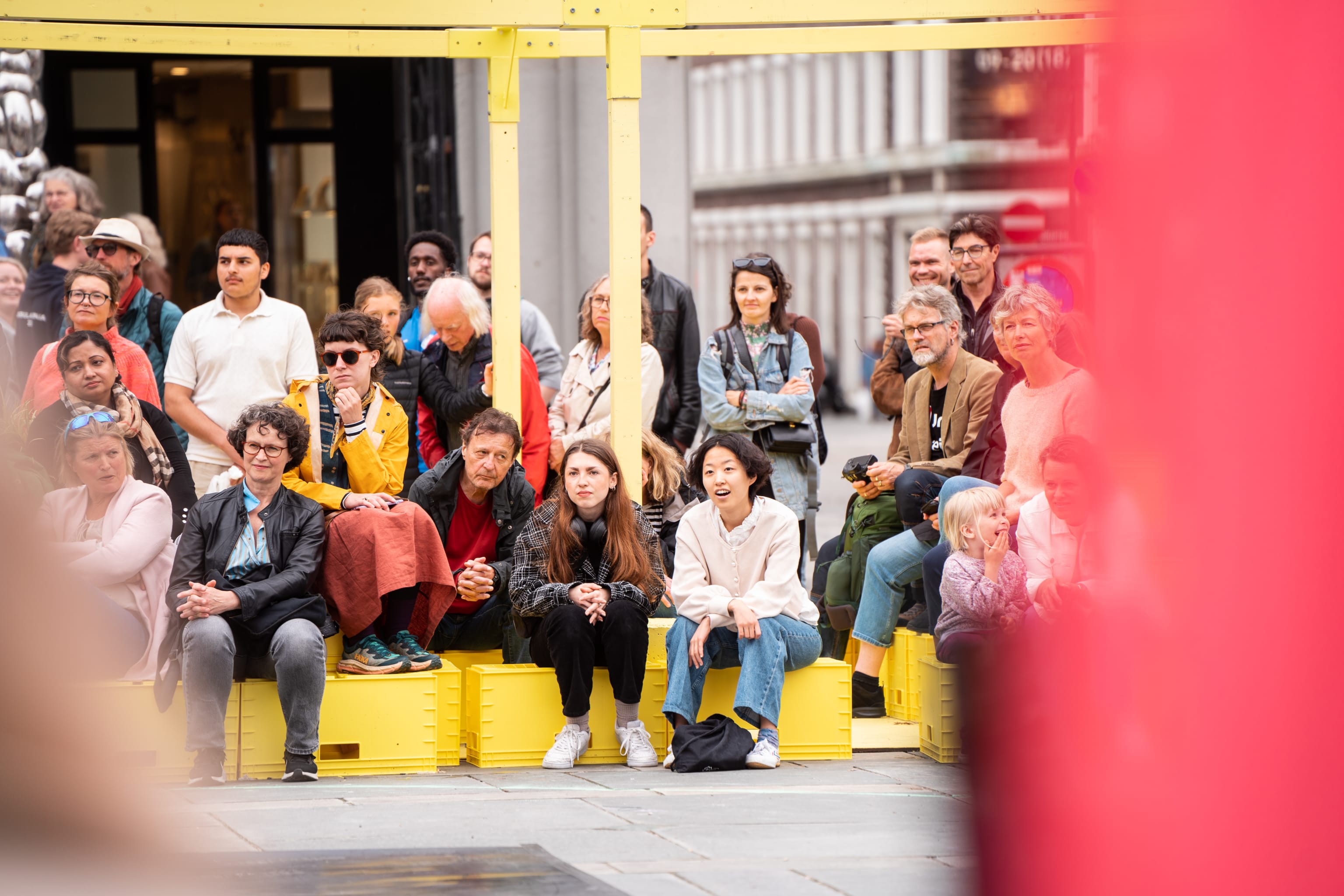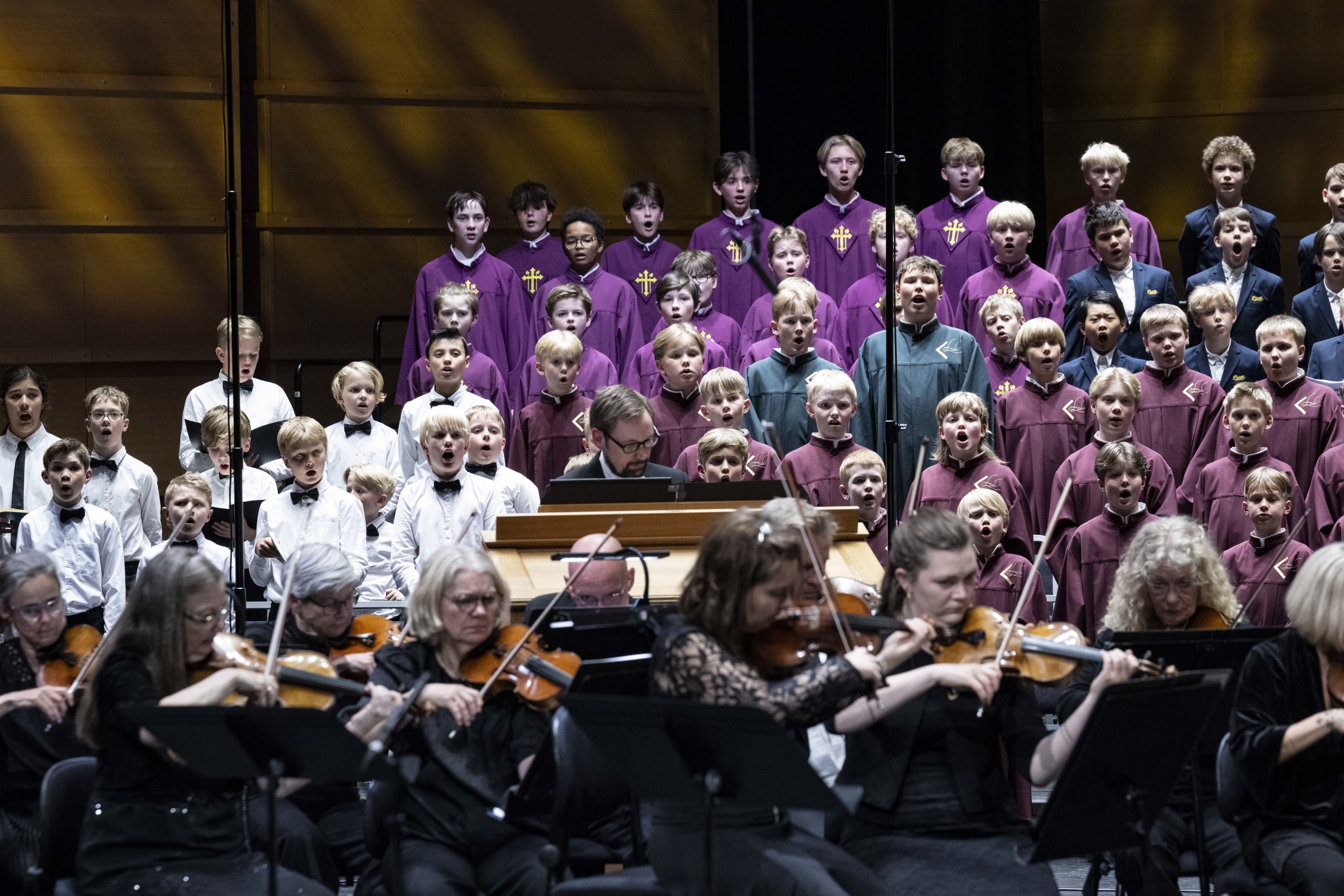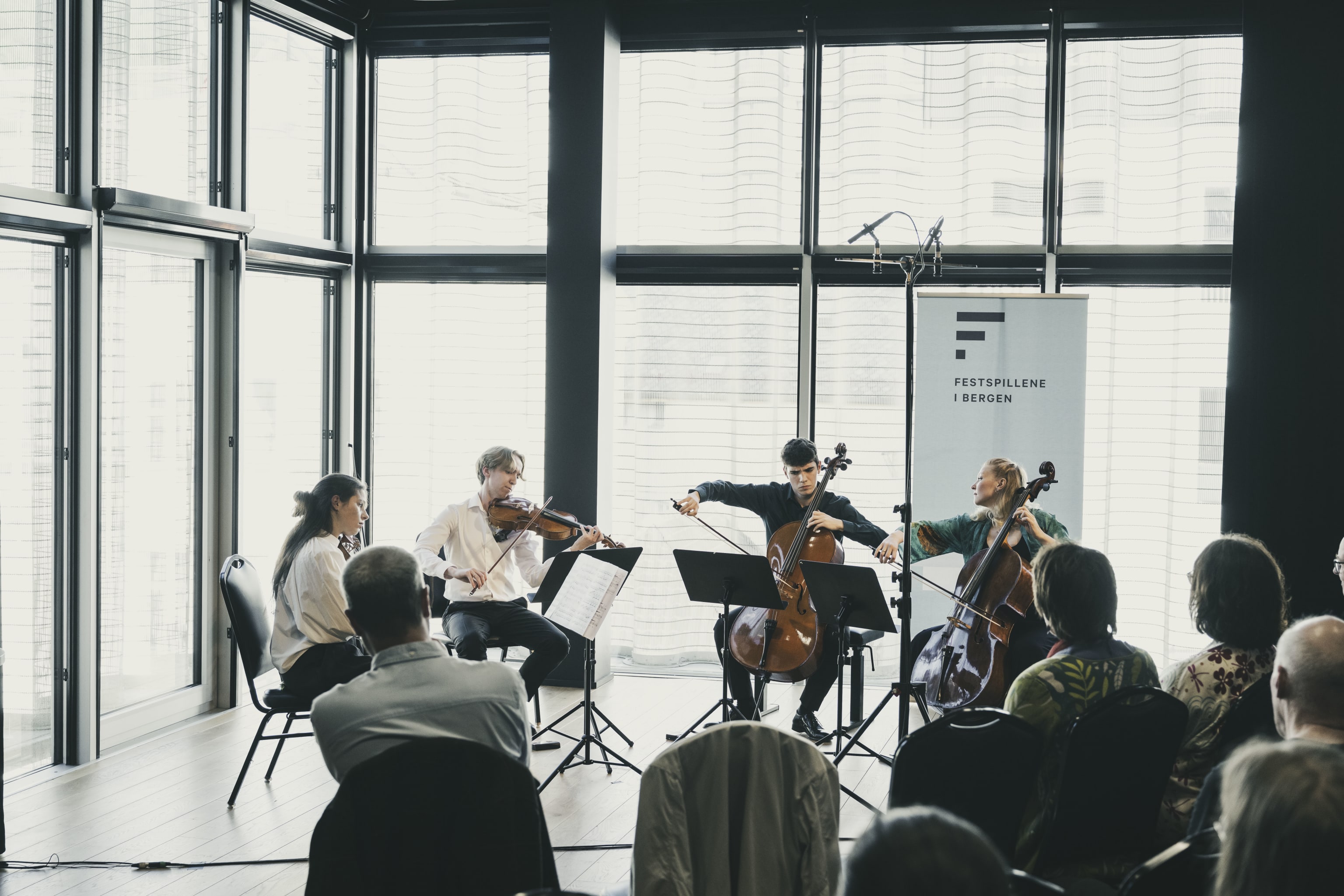
Celebrating 70 years of Bergen International Festival
- Home
- Festival
- 2022
- Articles
- Celebrating 70 Years Of Bergen International Festival
April 28, 2022
'What if here in Norway, we created a Bergen Festival modelled on the Edinburgh International Festival?'
So read the front page of the newspaper Bergens Tidende on 22 September 1949, quoting Hugo Kramm, the music director at NRK (Norwegian Broadcasting Cooperation). He had just visited the Scottish festival and was eager to achieve something similar in Bergen:
'Imagine what it would mean for our music life, indeed for our cultural life, tourism and much more if the Bergen Festivals became a permanent institution where the best art and artists we have to offer were presented to a foreign audience? Bergen is a hub and rich in tradition. But in my opinion, although the programme for such a festival in Bergen must be marked by tradition, it must not be conservative.'
Today's Bergen International Festival has several forerunners, including a music festival in the summer of 1898 following an initiative by Edvard Grieg. In the years after World War II, the idea of new festivals was popular in Bergen and internationally, and several European countries established their own versions. The idea of celebrating Bergen in this way had many persistent advocates, but one of them became central. 'I want to make Bergen Norway's festival city', the great Norwegian opera singer Fanny Elsta stated in Bergens Tidende on 24 August 1950.
Soon, her enthusiasm had rubbed off on the city’s mayor, major cultural institutions and business community. Elsta had performed during the Salzburg Festival on five occasions and provided valuable international contacts to the Bergen committee and the organisation which subsequently took shape.
The plans gained momentum, and the first Bergen International Festival took place in 1953 with concerts in Konsertpaleet, Logen and Domkirken, theatre performances, a national costume parade and a large audience. HM King Haakon declared the official opening on 1 June and became high patron of the Bergen International Festival. “Victory. Complete victory!” declared Bergen’s mayor, Nils Handal, and national and international media were equally excited.
Within a few years, the Bergen International Festival had become established as a regular, annual event. With classical music as its fixed core, the festival has also arranged beauty pageants, set up amusement parks, seen giraffes and dinosaurs walk the city centre, celebrated Bergen as a European Capital of Culture, hosted Ibsen plays turned on their heads, experienced 67 performances of Grieg's Piano concerto in A minor and weathered at least one unwelcome omission of the official Bergen song Views from Ulriken. The programme has looked forward in time and backward in history, and tens of thousands of artists have thrilled and outraged countless audience members.
The 2022 Bergen International Festival will be the 70th annual festival. Read more about the history of the Festival.









